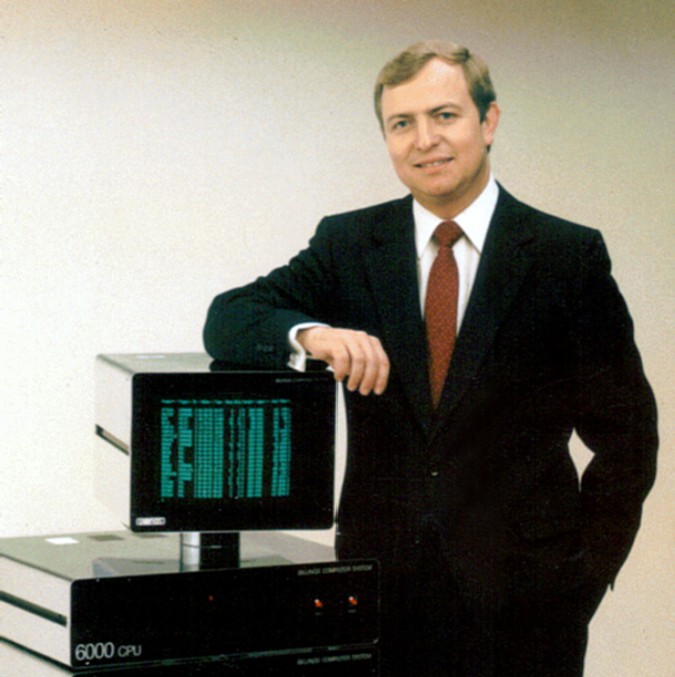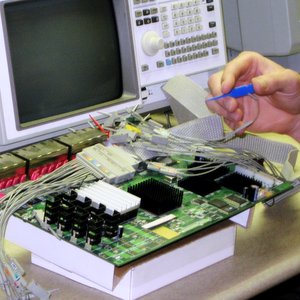Computer Networking
Since the dawn of personal computing, Billings has made notable contributions to the computer industry. With the advent of the microprocessor chip in the 1970’s, Billings designed and built his own line of personal computers, the Billings Microsystem. As part of that system, he developed the first all-in-one desktop computer, with the processor, CRT, keyboard, and disk drives all integrated into a single cabinet.
Functionally Structured Distribution (FSD)
Although he is responsible for many innovations in the computer industry, one singular invention in particular stands out – Functionally Structured Distribution (FSD), his method for sharing data over a computer network. FSD brought about a paradigm shift in computer networking, opening the way for an unlimited number of personal computers to be networked together. Today, not only is FSD the most widely-used deployment of client/server networking internationally, it is also one of the enabling technologies of the Internet.

Featured on Science Live:
Breakthrough Moments in Science – How The Internet Began
Learn more about Dr. Roger Billings’ critical role in the development of client/server computing which became the foundation of Internet architecture in this fun and informative video.
Creating Gigabit Networking
More recently, Billings played an important role in developing gigabit networking, participating as a member of the Steering Committee of the Gigabit Ethernet Alliance and as one of the contributors to the IEEE Gigabit Ethernet standard. Billings also designed and patented a system resulting in the elimination of data collisions – an obstacle inherent to earlier versions of Ethernet.


Nano-Latency Networks
Billings’ WideBand Corporation, a company he founded to develop professional networking equipment, manufactures networking products in the United States. In 2010, Billings contracted with the US Army to develop the first “nano-latency” computer networking system. Utilizing a Billings patented method of synchronizing data packets, Billings was able to develop equipment for the Army that lowered the latency of traditional networking equipment by three orders of magnitude.
Roger Billings is the Primary Investigator for WideBand Corporation’s US Army SBIR Contract.